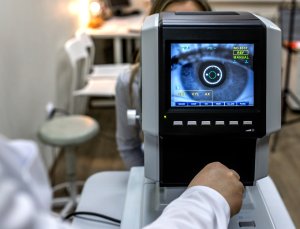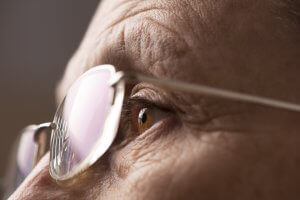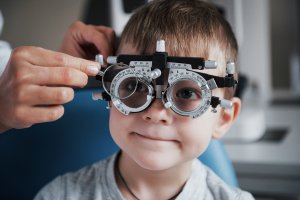What are some common conditions that affect the cornea?

Voted Best of Berks—
eight years in a row!

The most common conditions involve injuries, allergies and disease.
If you have a corneal injury, an allergy affecting your cornea or a corneal disease or disorder, you could experience pain in the eye, a sensitivity to light, reduced vision or blurry vision, redness or inflammation in the eye, or headache, nausea or fatigue. Symptoms vary, both in their appearance and their severity.
The most common allergies that affect the eye are those related to pollen, particularly when the weather is warm and dry. Symptoms in the eye include redness, itching, tearing, burning, stinging, and watery discharge, although usually not severe enough to require medical attention. Antihistamine decongestant eyedrops effectively reduce these symptoms. Rain and cooler weather, which decreases the amount of pollen in the air, can also provide relief.
Based on your vision and examination, our corneal specialists will discuss with you the most appropriate treatment options.
Find a Doctor
Physician information including education, training, practice location and more.
Schedule an Appointment
Call 800-762-7132 or make an appointment online.





